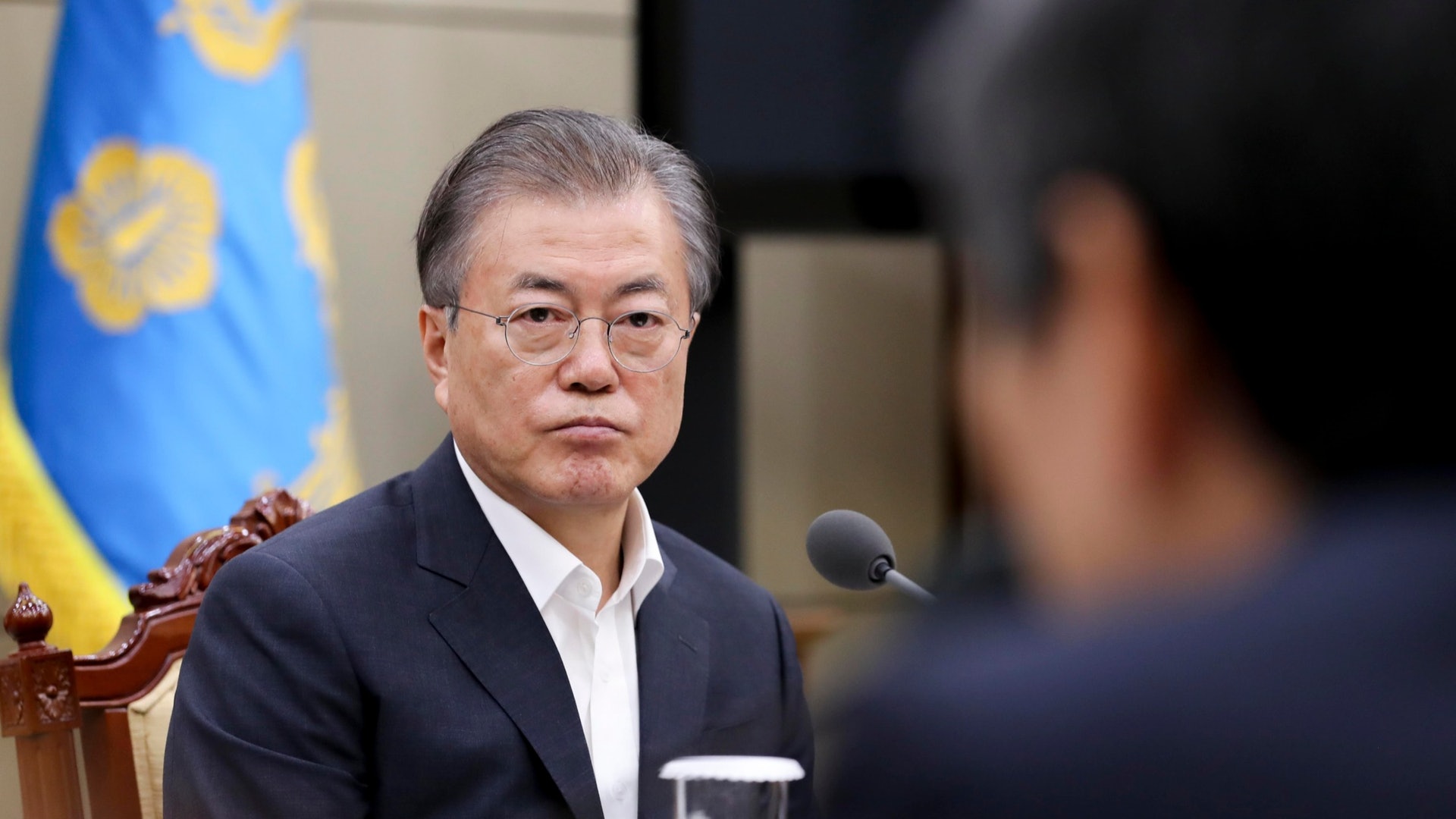South Korea announced on August 22 that it will terminate the “Korean Military Intelligence Protection Agreement” (GSOMIA) signed with Japan and cast a shocking bomb. The rift between the two countries’ mutual distrust will deepen and Japan-ROK relations will inevitably deteriorate further.
South Korean Foreign Minister Kang Jinghe said on the 22nd that it is difficult to share military sensitive intelligence based on the lack of trust between the two countries. The first time in the Qingwatai National Security Office, Chang Yougen, also stated on the same day that the Japanese government has removed South Korea’s trade white list on the grounds of lack of mutual trust, resulting in a huge change in the security cooperation environment between the two countries. The government believes that the renewal of sensitive military intelligence agreements will be renewed. Not in line with national interests.
Japan takes the lead in linking historical disputes with security trust
South Korea attributed the source of the incident to Japan. Since Japan and South Korea imposed a ruling on the labor of World War II in October 2018, friction has gradually increased. By August, Japan announced that it had removed the white list of South Korea’s preferential treatment countries for security and export management, and the situation deteriorated sharply. There is a voice in Japan’s ruling Liberal Democratic Party, saying that the reason for the restriction is that the products exported to South Korea “may become an armament to North Korea”, trying to link historical disputes and export controls with security.
Japan pointed its finger at South Korea, inspiring South Korea’s protests, and even causing the ruling and opposition officials to fight against Japan. Today, South Korea refused to renew GSOMIA on the grounds of “lack of mutual trust”. There is no reason, and it can be said to be caused by Japan.
South Korea withdraws to narrow the reconciliation space between the two countries
South Korea’s decision is not without consequences. The two countries signed the GSOMIA to share military intelligence with each other, which has a positive effect on the suppression of North Korea and the maintenance of peace in Northeast Asia. Japan relies on South Korea’s strategic intelligence in North Korea, and South Korea actually relies on Japan’s advanced military satellite data.
Since the ruling of the World War II labor force in 2018, Japan and South Korea have also exchanged information through the GSOMIA Agreement seven times. The Defense Minister Zheng Jingdou also acknowledged that GSOMIA has considerable strategic value. South Korea’s initiative to withdraw from the two countries’ GSOMIA will inevitably cause losses to South Korea.
At the same time, on August 15th, Sun Yat-sen Chinese was expressed in his willingness to resolve Japanese and Korean friction through dialogue, which was regarded as a message of Japan-Korea relations or thaw. Japan has repeatedly indicated that it hopes to continue GSOMIA. The fact that South Korea has withdrawn from the actual situation today is to break the opportunity for dialogue and waste the efforts of the Chinese side of the China-Japan-ROK foreign ministers meeting. The three parties agreed to promote the implementation of the China-Japan-ROK summit meeting, and the decision of South Korea has undoubtedly become a drag.
Standing in Japan’s position, South Korea’s move will deepen the impression that some Koreans are “the Japanese are the anti-Japanese regime.” Deepen mutual distrust between the two countries, and Japan-ROK relations will inevitably deteriorate further.












